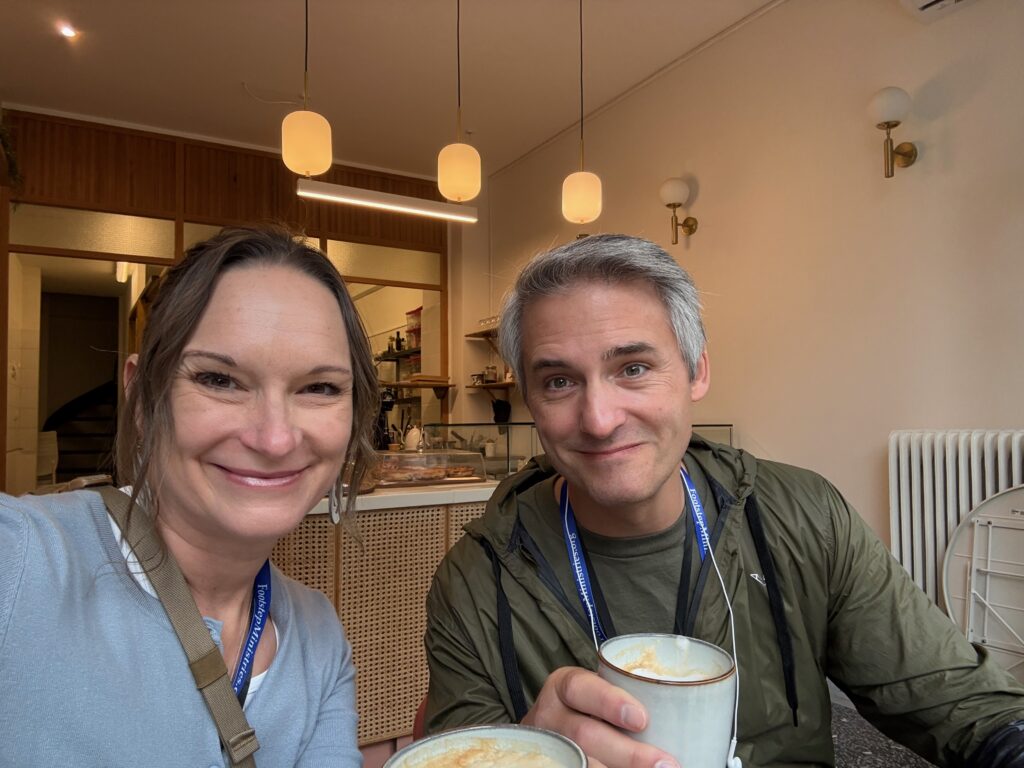
We started out with a rainy adventure. The Greek summer had been so dry, months without rain so we could hardly complain that we got a bit wet. The dry and thirsty land desperately needed the rain.
We hoofed it through the city first to the subway, to see the ruins they’d uncovered while digging for the modern subway. Pastor Jeff said they had to pause the digging to allow archaeological digging first. The project was delayed like 20 years! It’s hard to wrap your head around what it’s like across the Old World and the layers of history that lay beneath the land. It’s another reminder that the stories recorded in the Bible happened in real places in real history.
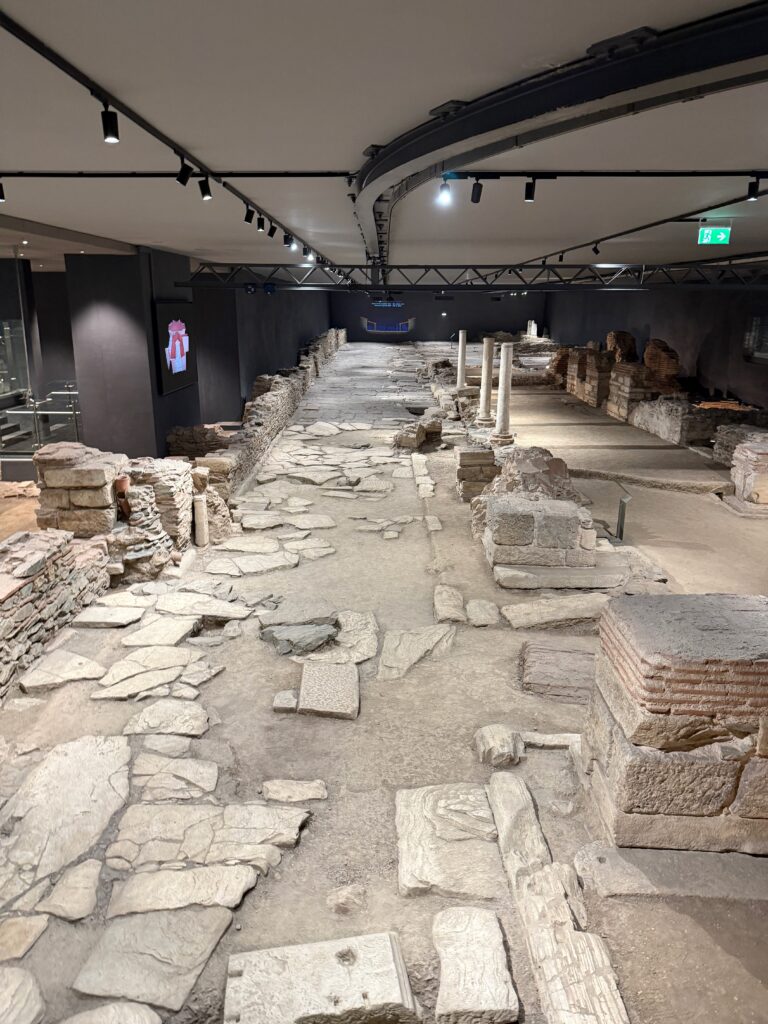
Further down the road, and through the rain, we saw the site of first century Thessaloniki where Paul and Silas would have come to town, likely still bruised and broken from their beating in Philippi. A 90-mile journey with sore, aching bones and muscles. Their resilience was supernatural, by the power of the Holy Spirit and for the sake of the gospel.
Here in Thessaloniki they find Jews and reason with them that Jesus is the fulfillment of the Scriptures. Some believe, along with some Greeks and prominent women. Other Jews are jealous. They think this is a cancer to their faith. It must be removed before or spreads (Acts 17:1-9). And Paul gets it. That was him. He too sought to stomp out this Jesus movement by any means…until Jesus confronted him on the road to Damascus.
How heartbroken Paul must be at their hard hearts that drives them to round up bad characters. They run Paul and his companions out of town at night. Yet, Paul doesn’t relent. He keeps going. The gospel so compels him, the love of Christ fuels him. He’s fanatical. Not balanced. He gives his all. I mean his all. Are we willing to be that in, all in for the sake of the gospel?
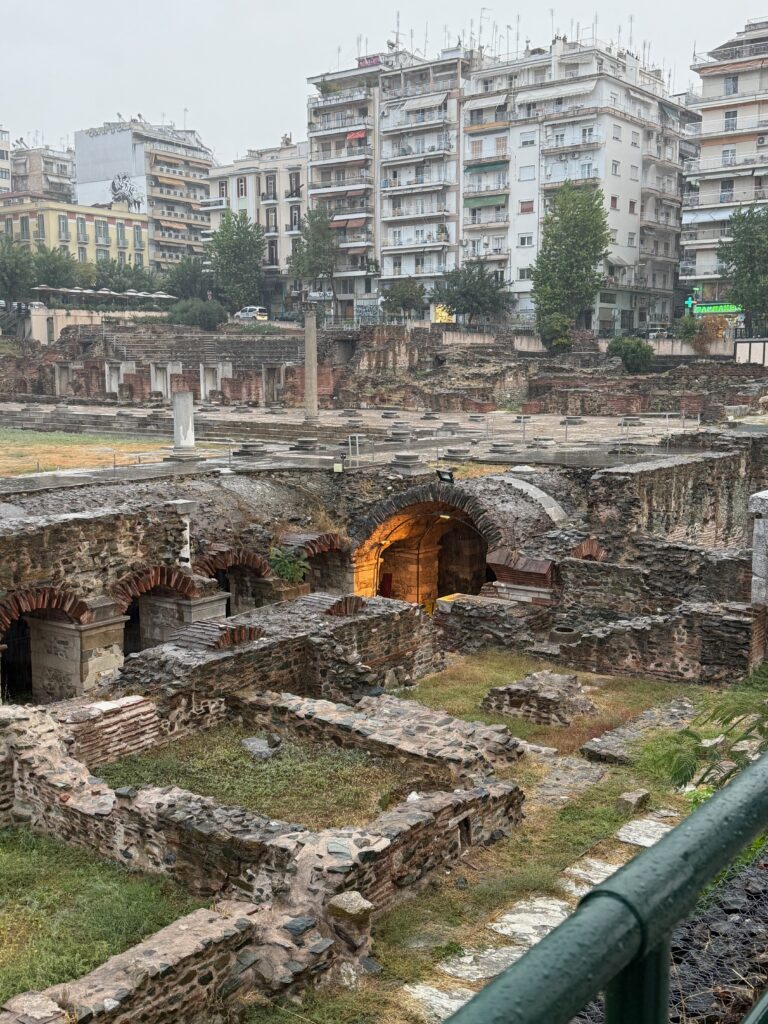
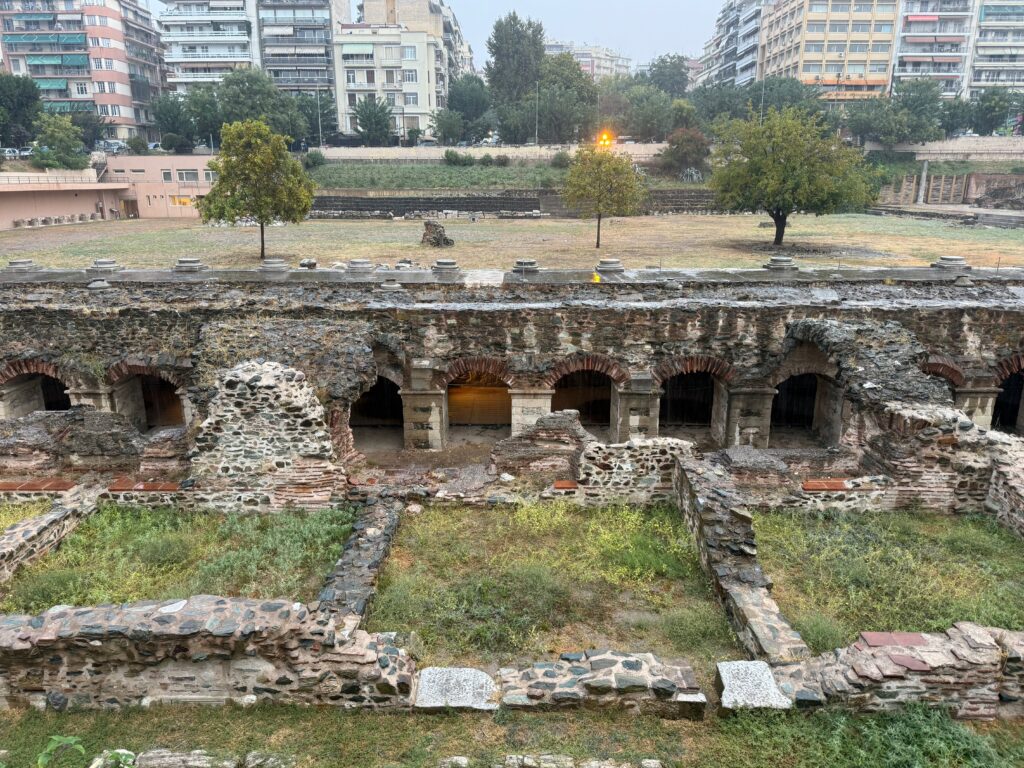
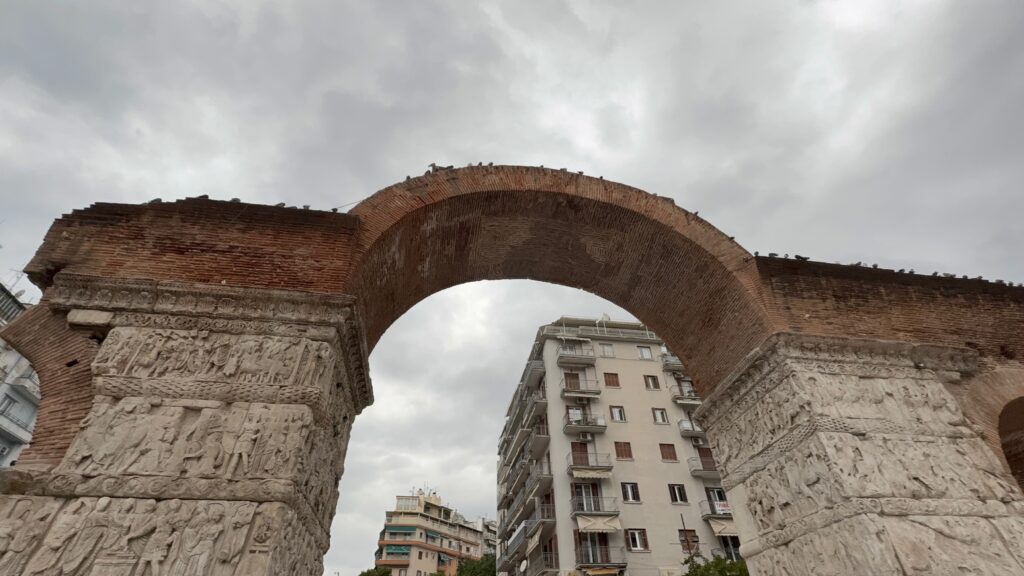
We then follow Paul down to Berea (modern day Veroia). To be a Berean means to take the Scriptures seriously. This group of Jews search the Scriptures daily to see if what Paul is saying about Jesus is true. Is he the Messiah? Did he rise from the dead? And many of them believe. But the angry mob of Jews from Thessaloniki travel down to Berea and stir up trouble. So the Bereans escort Paul to the coast to take him to Athens. He leaves Silas and Timothy behind to help the Bereans grow (Acts 17:10-15).
The gospel is offensive to some. It calls for a response. We can’t stay ambivalent about it. Either Jesus is God and we reorient our lives and loves around him, growing in character that looks like he taught, or we reject him. There’s no in between. We are either all in or not. There’s no room for lukewarm. Jesus tells a church in Revelation that they’re lukewarm and he spits them out. No good for anything.
Paul and his companions are anything but lukewarm. What about me? Am I all in and ready to give my life for Jesus? To reorient everything around him?
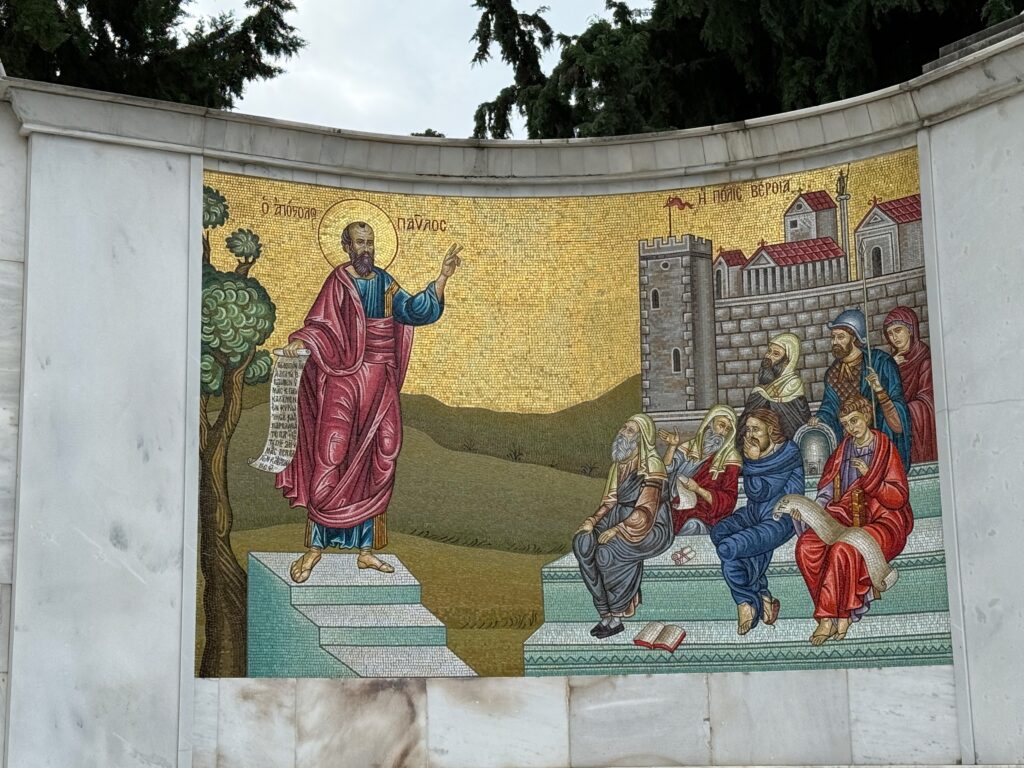
We went on to see the old Jewish quarters in Berea. It appears the Bereans are still of noble character. In World War 2 the Nazis invaded, and all the Jews from this city were taken to the holocaust camps. Only one man from the town returned. The quarter fell into disrepair but remained untouched. Now, the community is restoring the area and the synagogue has been restored to memorialize the Jews and remember. It was the likely spot where Paul opened Scriptures as synagogue sites are considered holy and built upon time after time in the same spot. Nestled near the river for mikvah cleansing rituals, it is a beauty of a spot.
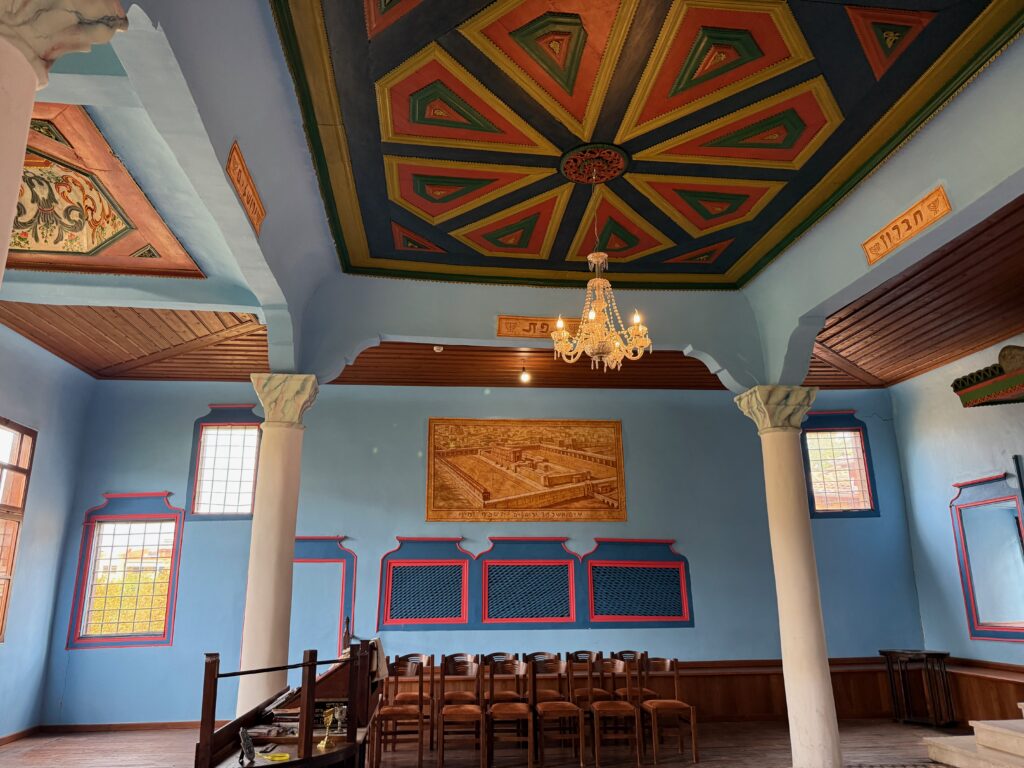
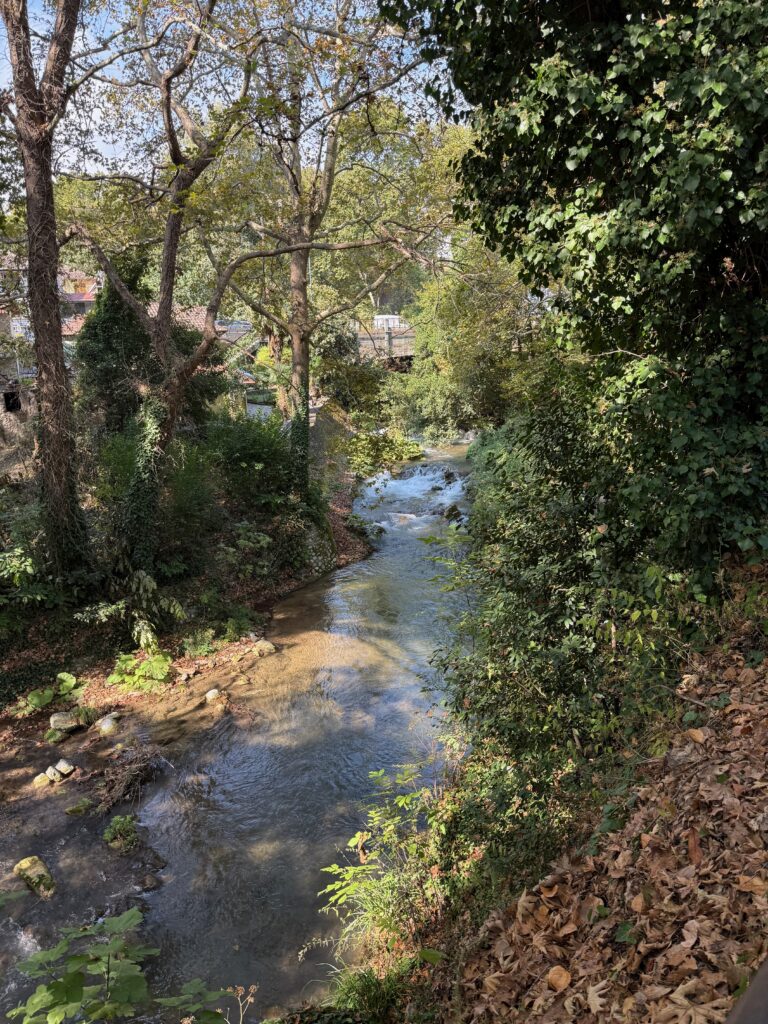
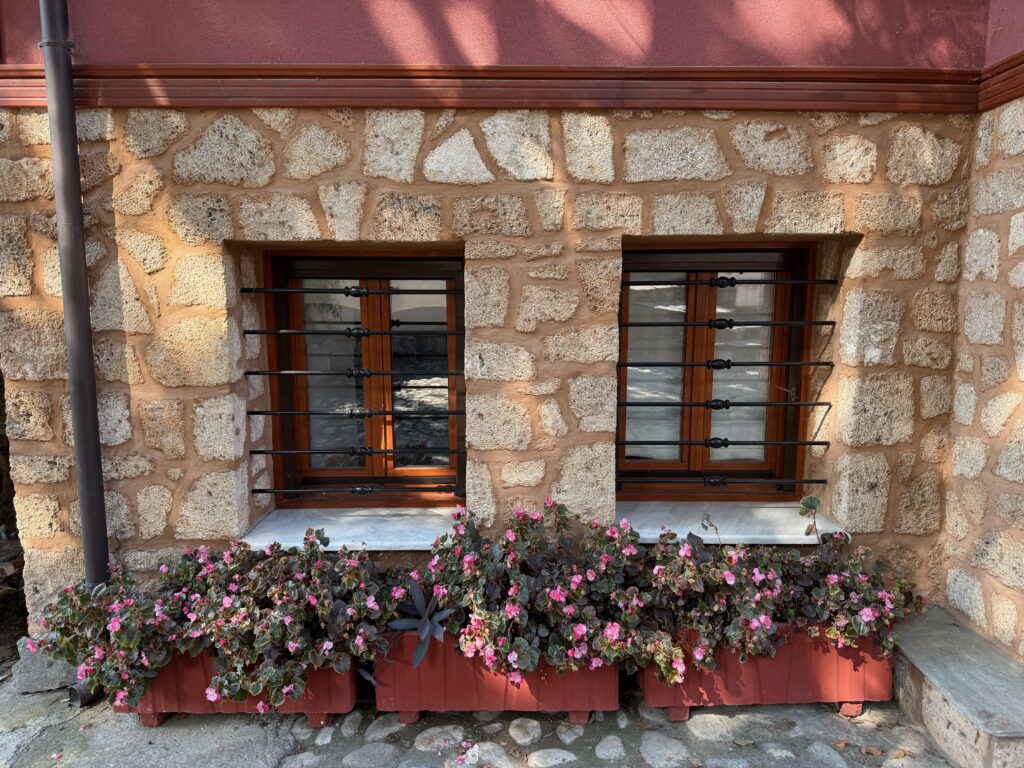
In 2014 the local school had students write letters to the Jewish children taken from their town. Our guide read a couple of the letters to us. I was deeply moved by the heartache, compassion and sorrow expressed by these children for those they never knew. May we never forget.
We then continued to the tomb of Philip II. King of Macedon, father of Alexander the Great. What??! The large mound buried the tomb that Alex made for his father who was murdered at 46. Phillip united the Greek city states into one and drilled and disciplined the army creating the phalanx tactic that would pave the way for Alexander to become The Great and lead Greece to conquer Persia. Phillip found and mined SO much gold. The opulence was excessive evidenced by the gold and elaborate crowns found in the tombs. Philip had Aristotle tutor Alexander. These are the players God used to defeat Persia and pave the way for Greek culture to spread. Greek ideas, language, government, theater, and the Greek language which becomes the trade language. This happens 300 years before Christ.
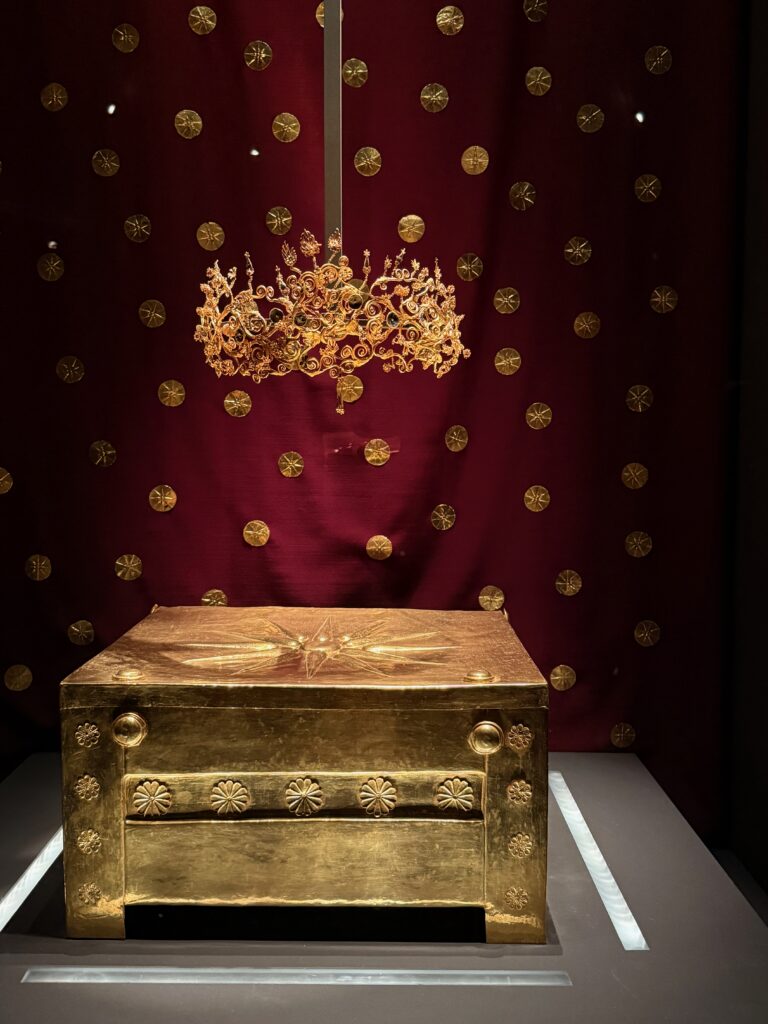
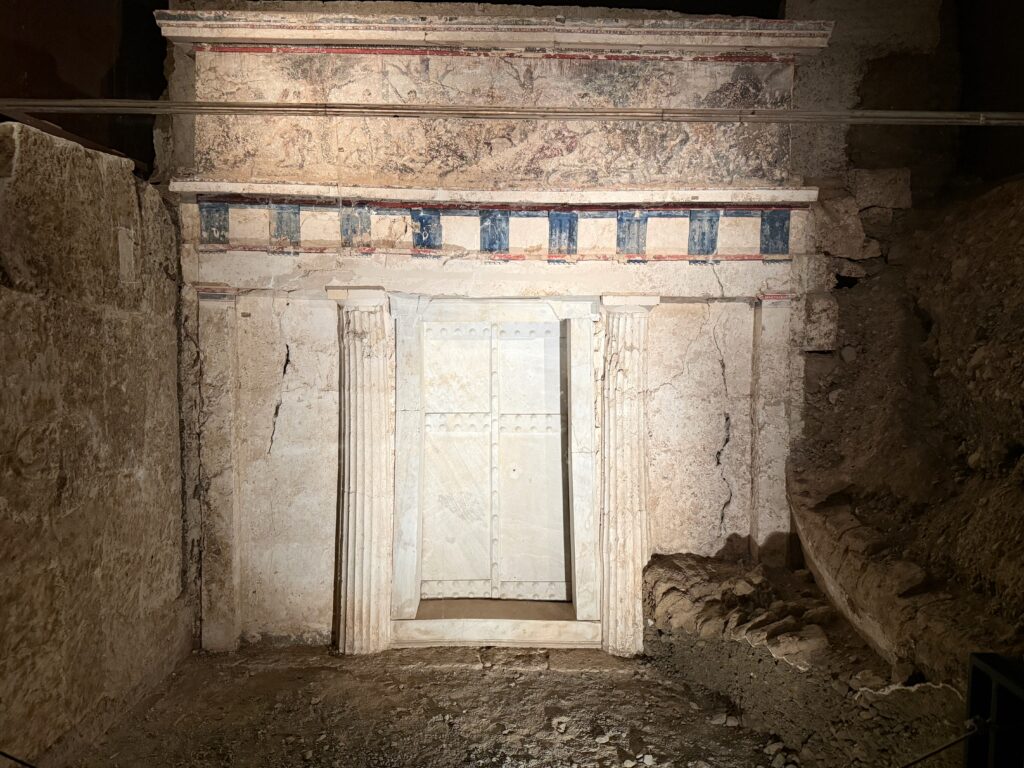
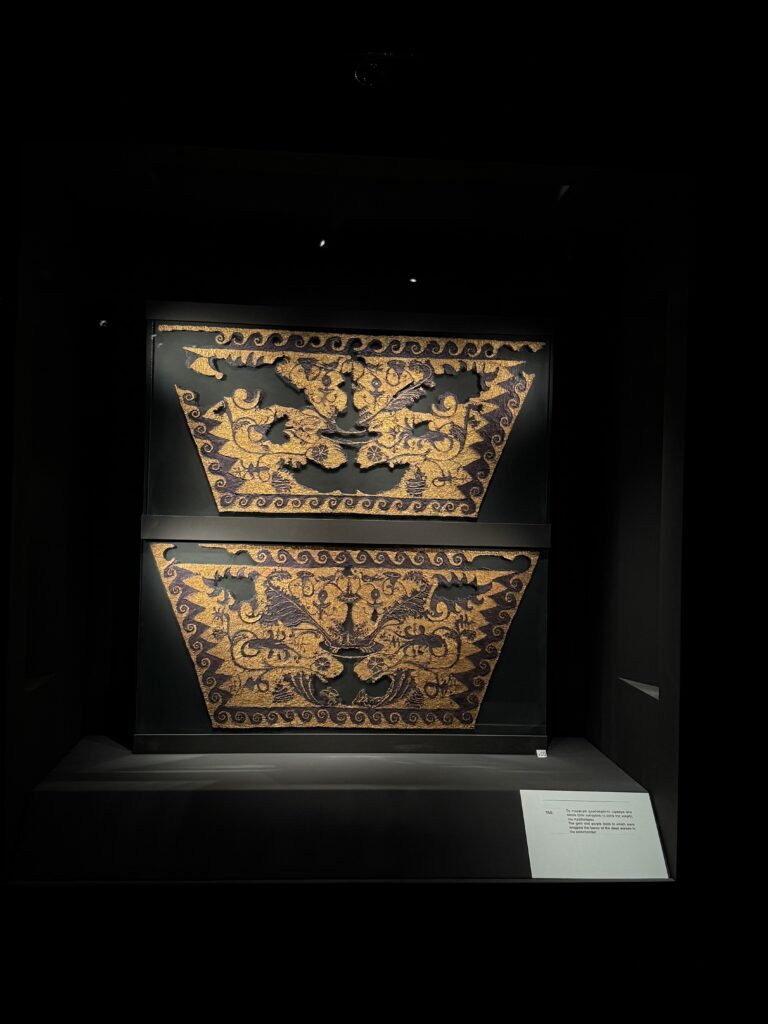
One can see the sovereignty of God, who holds all kingdoms in his hand. He directs human history, works through countries and cultures, setting the stage for Jesus to come-into a world with a common language, a road system (courtesy the Romans), and a way for ideas and religion to spread. All these make it easier for the Gospel to spread across the world. A good news that stands in stark contrast to the culture around them.
So how different are we from the culture around us? How bold, courageous, all in? Fanatical? What could that even look like in a post Christian world? Lord show us what it means to be bold, courageous, all in for the sake of the gospel.
Your blog is a treasure trove of valuable insights and thought-provoking commentary. Your dedication to your craft is evident in every word you write. Keep up the fantastic work!
Great article! I really appreciate the clear insights you shared – it shows true expertise. As someone working in this field, I see the importance of strong web presence every day. That’s exactly what I do at https://webdesignfreelancerhamburg.de/ where I help businesses in Hamburg with modern, conversion-focused web design. Thanks for the valuable content!
Satılık Konteyner: Uzun süredir depolama için satılık konteyner arıyordum. Konteynerim‘in sunduğu seçenekler ve hızlı teslimatları sayesinde ihtiyacımı sorunsuzca giderdim. Konteynerin durumu beklediğimden çok daha iyiydi.
I loved as much as youll receive carried out right here The sketch is attractive your authored material stylish nonetheless you command get bought an nervousness over that you wish be delivering the following unwell unquestionably come more formerly again as exactly the same nearly a lot often inside case you shield this hike
İstanbul nakliyat firması olarak evden eve, şehir içi ve şehirler arası taşımacılıkta güvenli ve profesyonel çözümler sunuyoruz. Uygun fiyat, sigortalı hizmet!